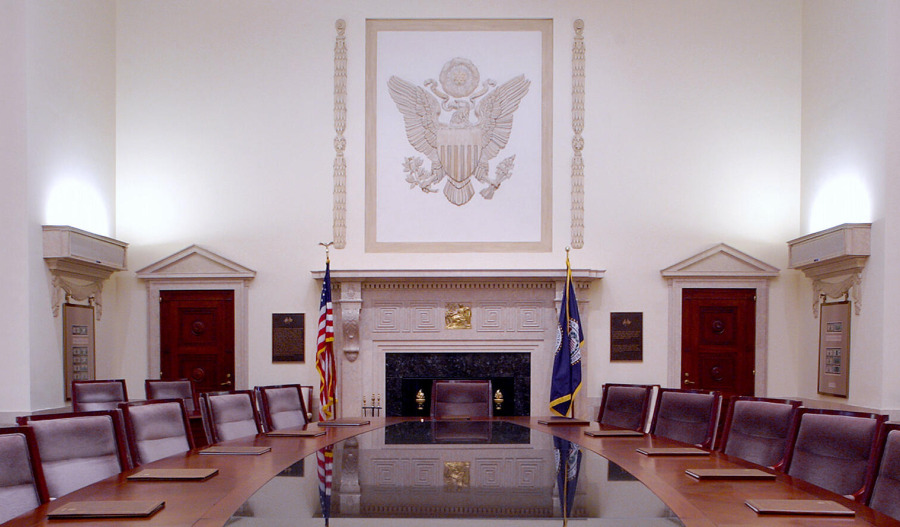United States consumer sentiment dropped slightly in November to near historic lows, following the end of the government shutdown this month and ahead of the Black Friday shopping period.
The University of Michigan’s consumer sentiment index was 51 in November, according to its Surveys of Consumers, edging closer to its all-time low of 50 in 2022. November's reading is a 2.6 point decline from October’s 53.6, within the margin of error, and well below November 2024’s 71.8.
“Cost-of-living concerns and income worries dominate consumer views of the economy across the country,” said University of Michigan economist and Surveys of Consumers director Joanne Hsu. “Other major developments have had limited impact on consumer sentiment this month.
“While the end of the federal shutdown was surely welcomed, consumers had not been anticipating long-run consequences of the shutdown. Stock market performance has been influencing economic attitudes for consumers with large holdings, with little effect on the rest of the population.”
The current economic conditions index was 51.1, dropping from 58.6 the previous month and from 63.9 year-over-year. Respondents’ assessments of their current personal finances dropped by around 15%, the University of Michigan said.
The percentage of consumers citing the impact of high prices on their personal finances increased for the fifth consecutive month, reaching 47%. Weak incomes were a concern for 26% of consumers, the highest rate since 2021.
The Thanksgiving holiday will be on 27 November, with Black Friday the following day and Christmas promotions beginning shortly after.
Gross domestic product growth will likely halve to around 1.5-2.0% in 2025’s fourth quarter, National Economic Council director Kevin Hassett projected over the weekend.
The survey’s consumer expectations index was also 51.0. While this rose slightly from October’s 50.3, it fell from November 2024’s 76.9.
Around 69% of consumers predict unemployment will rise in the coming year, growing from 64% in October.
Unemployment rates increased to 4.4% in September, the highest since 2021, according to the Bureau of Labor Statistics. While U.S. employers added 119,000 jobs that month, above estimates, 87% of these were in the healthcare and hospitality industries.
Related content



